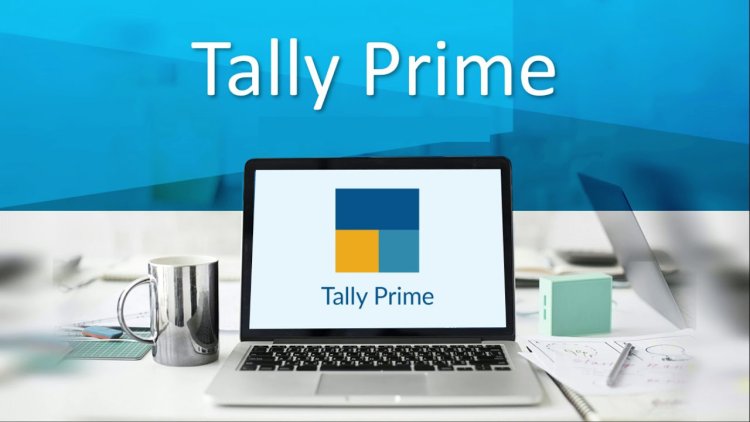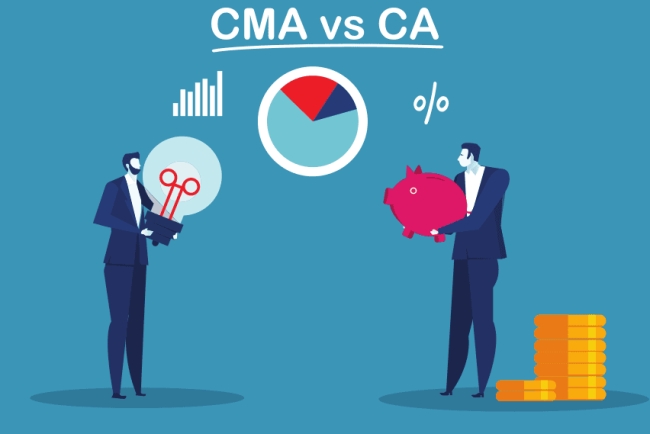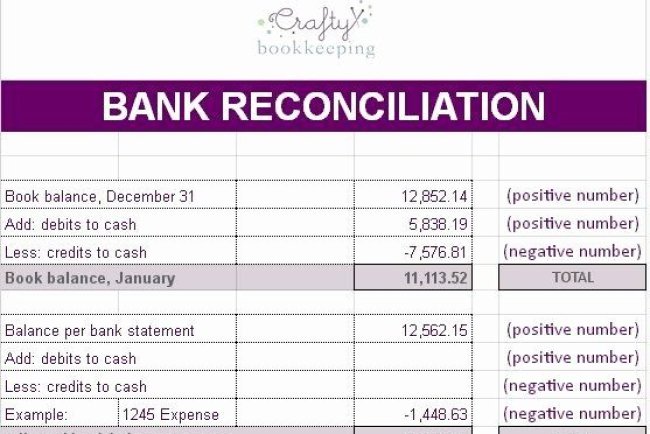Easy Guide to Understanding Groups in Tally Prime
Groups in Tally Prime classify ledgers with similar purposes, making accounting, GST, and tax reporting easier. With 28 default groups under assets, liabilities, incomes, and expenses, proper grouping supports Certified Corporate Accounting, SAP FICO (Finance & Controlling), and Taxation (Income Tax & GST) by ensuring accurate, efficient, and compliant financial management.

Tally Prime is a popular accounting software in India, widely used by businesses to manage their financial records. One of its key features is Groups, which helps organize accounts in a simple and effective way. This guide explains what Groups are, why they matter, and how to use them to make accounting easier. It’s perfect for students, small business owners, or anyone learning Certified Corporate Accounting, SAP FICO (Finance & Controlling), or Taxation (Income Tax & GST).
What Are Groups in Tally Prime?
A Group in Tally Prime is like a folder that holds similar types of accounts (called ledgers) together. Instead of handling many individual accounts separately, you can group them for easier tracking and reporting.
For example:
- Cash-in-Hand Group: Can include accounts like Petty Cash or Cash Register.
- Sundry Debtors Group: Includes all customer accounts.
- Sundry Creditors Group: Includes all supplier accounts.
By grouping accounts, you can quickly create reports like a Trial Balance, Balance Sheet, or Profit & Loss Statement.
Why Are Groups Important?
Using Groups in Tally Prime makes accounting easier and more accurate. Here’s why:
- Easier Reports: Groups help you create clear financial reports quickly.
- Fewer Mistakes: Similar accounts are managed together, reducing errors.
- Tax Compliance: Groups make it simple to calculate and file GST and Income Tax.
- Faster Work: When you assign a ledger to a group, Tally automatically applies the right settings.
- Better Decisions: Organized data helps business owners and managers understand finances clearly.
Types of Groups in Tally Prime
Tally Prime has 28 pre-defined Groups to help you get started. These are split into two types:
1. Primary Groups
These are the main categories for accounts. Examples include:
- Capital Account: Owner’s money or profits kept in the business.
- Loans (Liability): Money borrowed, like bank loans.
- Current Assets: Things like cash, stock, or money owed by customers.
- Current Liabilities: Bills or taxes you need to pay.
- Fixed Assets: Items like machinery or buildings.
- Indirect Expenses: Costs like rent or electricity.
- Indirect Incomes: Extra income, like interest earned.
2. Sub-Groups
These are smaller categories under Primary Groups for more detail. Examples:
- Sundry Debtors: Under Current Assets, for customer accounts.
- Sundry Creditors: Under Current Liabilities, for supplier accounts.
- Bank Accounts: Under Current Assets, for bank balances.
Default Groups in Tally Prime
Tally Prime comes with ready-made groups based on standard accounting rules. These align with what you learn in Certified Corporate Accounting or SAP FICO. Some key default groups are:
- Capital Account: For owner’s capital or reserves.
- Loans (Liability): For loans taken.
- Current Liabilities: For unpaid bills or taxes.
- Current Assets: For stock, cash, or customer dues.
- Indirect Expenses: For costs like rent or office supplies.
How to Create a Group in Tally Prime
Creating a group is easy. Follow these steps:
- Go to Gateway of Tally → Create → Group.
- Type the Name of the group (e.g., “Office Equipment”).
- Choose the Parent Group (e.g., Fixed Assets for Office Equipment).
- Press Ctrl + A to save.
For example:
- Create a group called “Marketing Costs” under Indirect Expenses.
- Create a group called “Office Furniture” under Fixed Assets.
How to Edit or Delete a Group
Sometimes, you may need to change or remove a group:
- Edit a Group: Go to Gateway of Tally → Alter → Group, make changes, and save.
- Delete a Group: While editing, press Alt + D to delete (only if no ledgers are linked to it).
How Groups Help in Real Life
Groups make accounting tasks smoother:
- GST Filing: Grouping sales and purchase accounts correctly ensures accurate GST returns.
- Income Tax: Organized groups help prepare tax schedules easily.
- Corporate Accounting: Groups help create reports needed for audits.
- SAP FICO: Similar to Tally, SAP systems use grouping for better financial management.
Best Tips for Using Groups
To get the most out of Groups in Tally Prime:
- Follow Accounting Rules: Use standard group names to avoid confusion.
- Use Clear Names: Name groups clearly, like “Shop Rent” or “Sales Team Expenses.”
- Avoid Duplicates: Don’t create new groups if an existing one works.
- Link to Taxes: Set up GST and TDS settings correctly for each group.
- Check Regularly: Review your groups every few months to keep them accurate.
Common Mistakes to Avoid
Here are some errors to watch out for:
- Wrong Group Selection: Don’t put a sales account under expenses—it messes up reports.
- Mixing Accounts: Keep personal and business accounts separate.
- Ignoring Taxes: Wrong GST settings in groups can cause tax filing problems.
- Too Many Groups: Don’t create unnecessary groups; keep it simple.
Why Learn Groups for Your Career?
If you’re studying Certified Corporate Accounting, SAP FICO, or Taxation (Income Tax & GST), learning Groups in Tally Prime is a valuable skill. Here’s why:
- Employers want people who can organize financial data well.
- It helps with faster tax filing and audits.
- It makes you better at analyzing business finances.
Whether you’re a student, business owner, or finance professional, mastering Groups will make you stand out.
Final Thoughts
Groups in Tally Prime are a simple way to keep your accounts organized, save time, and stay compliant with GST and Income Tax rules. By learning how to create and manage Groups, you’ll handle accounting tasks like a pro. This skill is a must for anyone aiming to excel in Certified Corporate Accounting, SAP FICO, or Taxation. Start using Groups today to make your accounting work easier and more accurate!
What's Your Reaction?




















